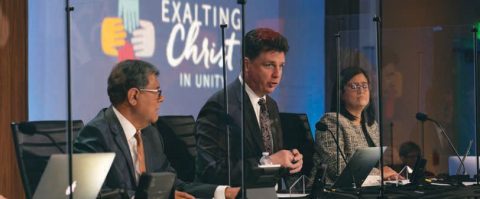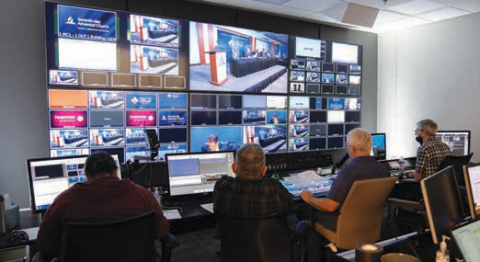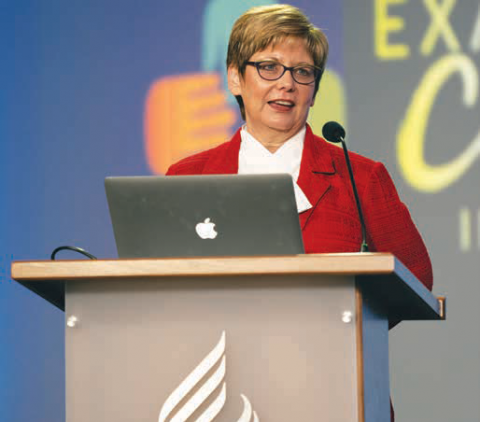
At the last Southern California Conference (SCC) regular constituency session in September 2019, it was voted “that SCC conducts a comprehensive Region Structure Assessment and bring analysis and report at a special session of the Constituency in 24 months.”
To comply with this mandate, SCC conducted an assessment that was then presented at a special virtual constituency session this September.
“The research process and the collection of data and its arrangement, along with the production of graphs and presentations, was led by Culture Shift, a professional company contracted by the SCC,” shared Elder Velino A. Salazar, SCC president. “The information provided was eye-opening to the ad-hoc committee and the conference leadership, including the SCC Executive Committee.”
“The data collected from statistics and the input received from more than 1,000 participant SCC church members through a survey, seven focus groups, and five town halls revealed achievements and deficiencies, generating great dialogue to seek opportunities and ways to improve this organizational system,” he continued.

SCC’s unique region structure is made up of five regions: Asian-Pacific, Greater Los Angeles, Hispanic, Los Angeles Metro, and West. The region structure was created in 1996 with a two-fold intention. The first, as Salazar described, was “to have a closer interaction between conference leadership with congregations and pastors. It was challenging for the SCC officers to interact more frequently with 145 churches and 180 pastors.” Secondly, the region structure was designed “to share more authority and responsibility to grassroots leadership (such as church leaders and pastors).”

Between the 2019 vote and the mandated 24-month deadline, the COVID-19 pandemic hit. By September 2021, the pandemic was not over, and the question was raised as to the safest way to conduct this meeting. As the conference leadership considered the options, a survey was sent to delegates to get a sense of their comfort level with an in-person meeting. Abiding by the results of this survey, the SCC Executive Committee voted to hold this meeting virtually.
On September 19, 2021, the virtual meeting took place, ending with one main motion approved: “to adopt the preliminary recommendations submitted by the Executive Committee, which includes adaptations of the Region Structure Guidelines without changing the SCC Bylaws.” The motion passed with 84% of delegates voting yes.
Regarding action steps to be taken by SCC following this vote, Salazar stated, “First, the SCC officers will prioritize the Preliminary Recommendations approved by the Session delegates; second, the region directors will provide their input on the specifics of how and when these recommendations can be implemented; third, the Executive Committee will provide their input and approval, including the timing and the accountability process of implementation.”
Visit the special session website at www.2021sccsession.org to view the meeting recording, to learn about SCC’s administrative and organizational system, and more.

